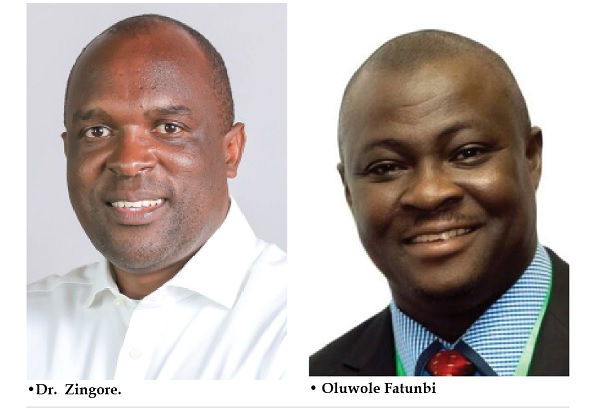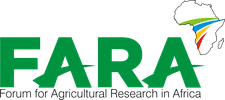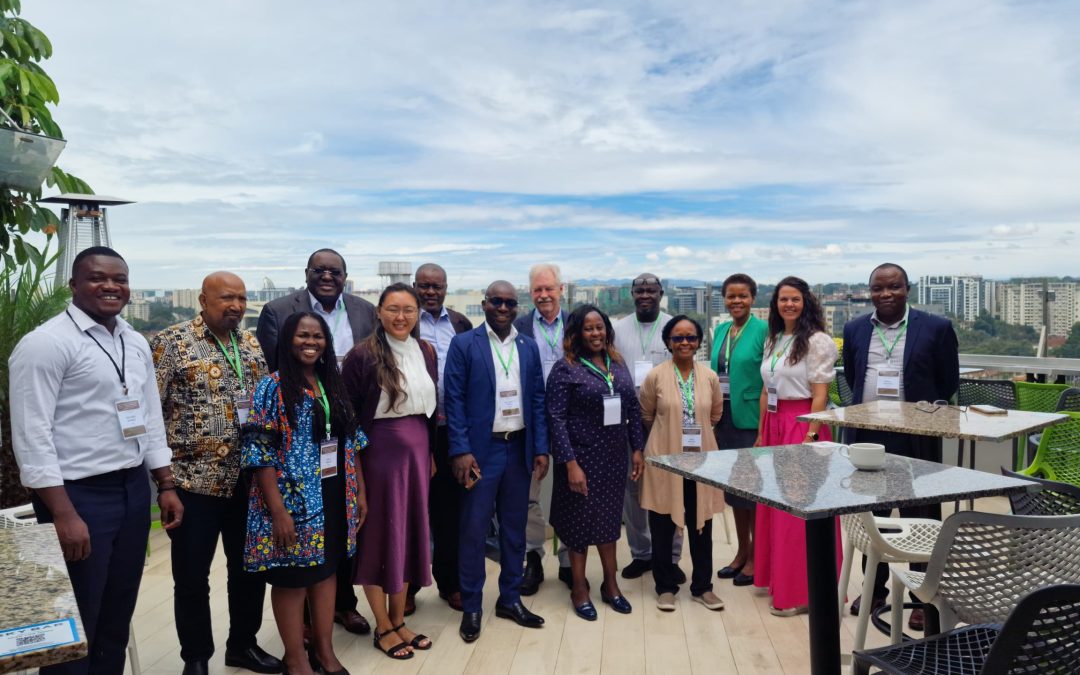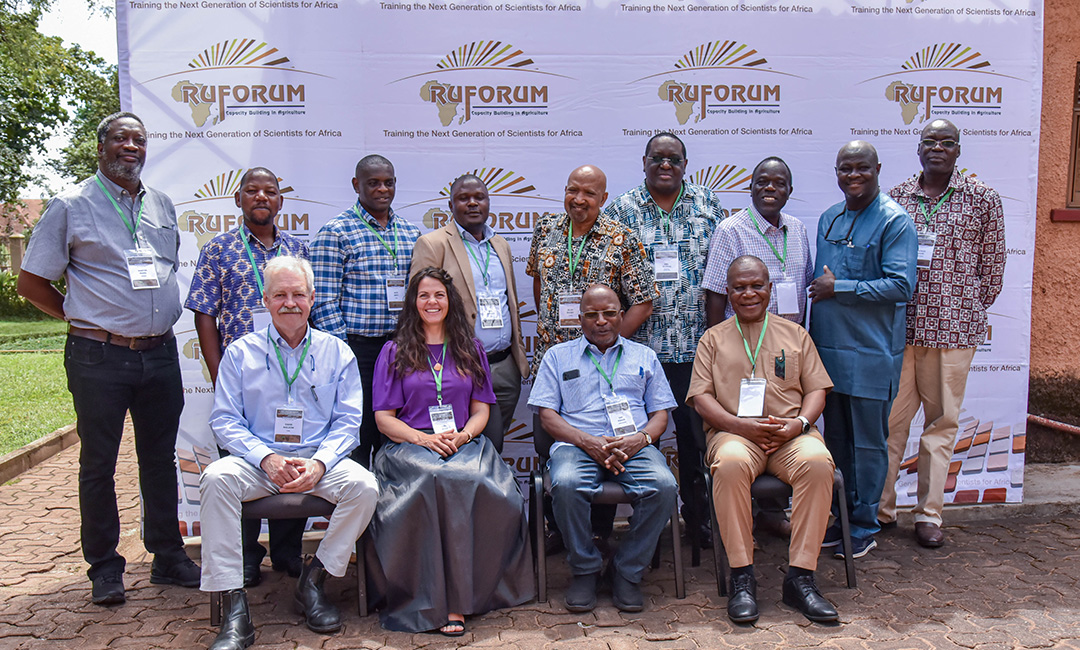
Addressing declining Soil Fertility in Africa amid population surge
written by DANIEL ESSIET
fThe challenges posed by declining soil fertility present substantial issues for many African countries, including Nigeria, especially in the light of the continent’s anticipated population growth. With an estimated 2.5 billion people expected to inhabit Africa by 2050, there will be a substantial increase in food consumption, placing further strain on the continent’s already burdened agricultural systems. In response to these pressing challenges, campaigns and initiatives geared towards enhancing soil fertility, advocating for sustainable agricultural practices and mitigating the impacts of environmental factors are gaining momentum.
At the launch and commemoration of the 14th Africa Day for Food and Nutrition Security (ADFNS) Commemoration and 19th Comprehensive Africa Agricultural Development Programme (CAADP) Partnership Platform held in Zambia last year, Mrs Estherine Lisinge-Fotabong, the Director of Agriculture, Food Security and Environmental Sustainability at the African Union Development Agency-NEPAD (AUDA-NEPAD), underscored the imperative to accelerate intra-regional food trade, enhance food security, and stimulate economic growth across the continent.
Mrs Lisinge-Fotabong stressed the importance of promoting the cultivation and consumption of locally-sourced foods as a means to address hunger and malnutrition in Africa. However, she acknowledged that nutrition and food security remain precarious due to various vulnerabilities in the continent, including climate change-induced shocks, ongoing conflicts, and fluctuations in global food prices, among other factors. Given that a significant portion of Africans rely on agriculture for their livelihoods, agriculture stands as the primary industry on the continent. However, the recent population surge and dwindling arable land availability have exerted significant pressure on soils, highlighting the critical need to maintain soil fertility to mitigate the risk of food insecurity.

Mrs. Estherine Lisinge-Fotabong, Director of Agriculture, Food Security and Environmental Sustainability, African Union Development Agency-NEPAD (AUDA-NEPAD)
Over time, Africa has witnessed a decline in soil fertility, with notable implications for regions like Nigeria. Communities grappling with degraded soils face heightened vulnerability to the impacts of climate change, including droughts and floods, exacerbating challenges in adaptation and resilience. Recognizing the urgency of the situation, the Food and Agriculture Organisation (FAO) of the United Nations, the Nigeria Institute of Soil Science (NISS), and the Soil Science Society of Nigeria have all underscored the imperative of addressing soil degradation within the country. These groups have emphasized the critical need to preserve soil fertility and health, given that soils serve as the foundation of food production and are increasingly stressed by climate change and human activities.
According to FAO data, approximately 33 per cent of Nigeria’s agricultural areas have already been impacted by soil deterioration, stemming from compaction, acidification, salinization, erosion, loss of organic carbon and biodiversity, and nutrient imbalances. Analysts warn that the declining fertility of arable fields, particularly in key production regions, poses an imminent threat to the agricultural sector if left unaddressed. In response, ongoing campaigns seek to encourage farmers to adopt best practices for long-term soil enrichment. The dwindling fertility of land, especially in the northern region, poses a severe threat to the country’s food security. To mitigate soil deterioration, organizations such as the Sasakawa Africa Association (SAA) are actively assisting farmers in the North, aiming to bolster soil health and agricultural productivity.
The remarkable story of Abdulmumini Adamu serves as a testament to the transformative power of Conservation Agriculture (CA) and Integrated Soil Fertility Management (ISFM) among Nigerian smallholder farmers. Through the adoption of limited tillage and other sustainable farming practices, Adamu not only significantly increased his crop yields but also managed to reduce his labour expenses. Under the guidance of the Sasakawa Africa Association’s (SAA) comprehensive training programme,
Adamu successfully implemented techniques such as low tillage, mulching, crop rotation, and composting. These practices not only resulted in an astounding 85 per cent reduction in labour costs but also led to a remarkable 50 per cent increase in crop yields. Such remarkable gains can be attributed to the improved soil health and enhanced moisture retention facilitated by the application of ISFM and CA methods.
The work of Dr. Shamie Zingore, Director of Research and Development at the Morocco-based African Plant Nutrition Institute (APNI), plays a pivotal role in addressing the challenges confronting smallholder farmers across Africa. With an estimated 33 million smallholder farmers facing obstacles such as low productivity and limited access to modern agricultural techniques, Dr. Zingore’s research assumes paramount importance in enhancing soil health, boosting crop yields, and ultimately, improving human nutrition. Through innovative research initiatives, Dr. Zingore and his team are instrumental in advancing agricultural practices that promote sustainability and prosperity among smallholder farmers across the continent.

Dr. Shamie Zingore, Director of Research, APNI
According to him, low fertility in the natural environment and inadequate soil conservation efforts have left sub-Saharan Africa (SSA) with some of the world’s worst soils. He pointed out that the continent’s ability to feed itself is being seriously undermined by the annual loss of soil nutrients valued at over $4 billion. He said to properly solve the problems of food security in Africa, soil and nutrient management technologies need to strike a balance between boosting crop output and improving soil fertility. APNI, where he works is pursing 4R Nutrient Stewardship initiative. The 4R Nutrient Stewardship initiative is a framework for guiding nutrient management practices in agriculture. It emphasizes applying the right source of nutrients, at the right rate, at the right time, and in the right place. For him, addressing growing soil fertility challenges is indeed crucial for sustainable agriculture and food security, especially in Africa s where smallholder farmers rely heavily on the productivity of their land. He noted: “We are at a very important time for African agriculture as the continent faces a myriad of challenges linked to unsustainable agriculture including chronically low agricultural productivity and human malnutrition, which is estimated to be seriously impacting at least 20per cent of the African population.”
One of the significant challenges that Africa faces is ensuring food security of a growing population. Recognising the critical role fertilizer and soil health has in tackling the problem, the African Union (AU) is launching a 10-year Action Plan demonstrates a long-term commitment to addressing these challenges and investing in sustainable agricultural practices. Under the aegis of its Africa Fertilizer and Soil Health (#AFSH) Summit, AU is convening heads of states, ministers, and agricultural development partners in Africa this May 2024, in Nairobi, Kenya to launch a 10-year Action Plan for associated investments. Launching the Action Plan demonstrates Africa’s commitment to finding local solutions to local challenges.
He noted: “Building on the 10-Year Action Plan, AFSH will identify the key critical areas for investment into policy and market investments but also into the critical technologies for sustainable plant nutrition and soil health management on the continent. These targets will be necessarily underpinned by accelerated support for building research and extension capacity to ensure knowledge generation is both relevant and practical for Africa’s farmers and translated into scalable solutions for sustained improvement of agricultural productivity across Africa.”
In his role as the Acting Director of Research and Innovation at the Forum for Agricultural Research in Africa (FARA), Dr. Wole Fatunbi plays a pivotal role in driving research and innovation initiatives aimed at addressing the pressing issue of soil fertility decline. His advocacy for soil fertility protection and the promotion of best land use practices are indispensable for fostering sustainable agriculture, particularly in Africa where countless livelihoods hinge on farming. Dr. Fatunbi leads efforts to deepen public understanding of soil health, championing sustainable farming methods that preserve soil fertility and advocating for policy frameworks that prioritize soil conservation projects. His multifaceted responsibilities include conducting pioneering studies to unravel the complexities of soil dynamics, promoting knowledge exchange among stakeholders, and influencing policy decisions to integrate soil health considerations into agricultural strategies.

Prof. Wole Fatunbi, Ag. Director of Research of FARA at the Africa Fertilizer and Soil and Health Summit #AFSH24
Recognising the urgency posed by Africa’s burgeoning population and the mounting pressures on its agricultural systems, Dr. Fatunbi emphasises the imperative of collaborative action. He stresses the importance of forging partnerships between farmers, researchers, policymakers, and other stakeholders to implement effective strategies for sustaining soil health. Through his leadership and advocacy, Dr. Fatunbi is instrumental in shaping a more resilient and productive agricultural landscape across the African continent.
According to Fatunbi, soil salinization is becoming an increasingly serious issue in Africa. He noted. “This is becoming a reality in Africa where the proportion of soil with high salt content is gradually approaching a critical threshold that requires considerable effort. Africa is reported to possess 60 per cent of the remaining arable land globally. Arable land implies a land lot with complementary properties suitable for crop cultivation and livestock rearing. immobilised in the soil colloids due to the presence of higher concentrations of other nutrients.”









